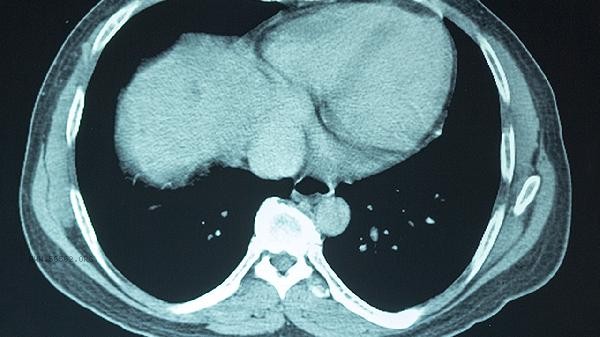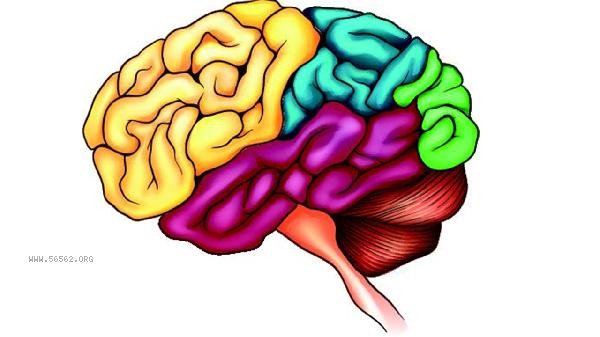Poor brain comprehension may be related to factors such as sleep deprivation, psychological stress, malnutrition, neurological disorders, and brain damage. The decline in comprehension ability is usually manifested as symptoms such as delayed information processing, logical confusion, and language expression disorders. Targeted improvement measures should be taken based on specific reasons.

1. Sleep deprivation
Long term sleep deprivation directly affects the function of the prefrontal cortex, which is responsible for logical analysis and information integration. Sleep deprivation leads to a decrease in the efficiency of clearing metabolic waste in neurons, affecting synaptic plasticity, manifested as difficulty grasping key points and comprehending complex instructions during reading. It is recommended to maintain a regular daily routine. Adults should ensure at least 7 hours of high-quality sleep per day, and take a short break of 20 minutes in the afternoon to help restore cognitive function.
2. Psychological stress
Chronic stress can continuously activate the hypothalamic pituitary adrenal axis, and excessive cortisol can damage hippocampal neurogenesis. Anxiety and depression can occupy working memory resources, causing distraction and semantic comprehension disorders. Mindfulness meditation and abdominal breathing training can reduce stress responses, and professional cognitive-behavioral therapy can be sought if necessary to improve emotional regulation abilities.
3. Malnutrition
Vitamin B12 deficiency can lead to myelin synthesis disorders, affecting the speed of nerve signal transduction; Insufficient iron element may cause brain tissue hypoxia; The deficiency of omega-3 fatty acids can reduce synaptic protein expression. Balanced intake of deep-sea fish, animal liver, dark vegetables and other foods, and supplementing with complex vitamins under the guidance of a doctor if necessary to improve nerve metabolism.

4. Neurological disorders
In the early stages of Alzheimer's disease, there may be difficulties in extracting semantic memory, and cerebrovascular disease may lead to insufficient blood supply to the language center. This type of situation is usually accompanied by symptoms such as memory loss and spatiotemporal orientation disorders, and requires a clear diagnosis through examinations such as electroencephalography and magnetic resonance imaging. Medications such as donepezil and memantine can delay cognitive decline and should be used strictly according to medical advice.
5. Brain injury
After traumatic brain injury or stroke, damage to the frontal and temporal cortex may cause executive dysfunction. During the rehabilitation period, computer-assisted cognitive training can reshape neural pathways, and physical therapies such as transcranial magnetic stimulation can promote functional compensation in undamaged brain areas. Early intervention can significantly improve the comprehension ability of about half of patients.

Daily aerobic exercise can increase levels of brain-derived neurotrophic factor and stimulate brain plasticity development by learning new skills. When reading, use the annotation based precision reading method, combined with a mind map to organize the logical information. If there are persistent difficulties in understanding accompanied by symptoms such as headache and vomiting, timely neuropsychological evaluation is necessary. Maintaining social interaction and moderate mental challenges can help maintain cognitive reserve and delay functional decline.







Comments (0)
Leave a Comment
No comments yet
Be the first to share your thoughts!